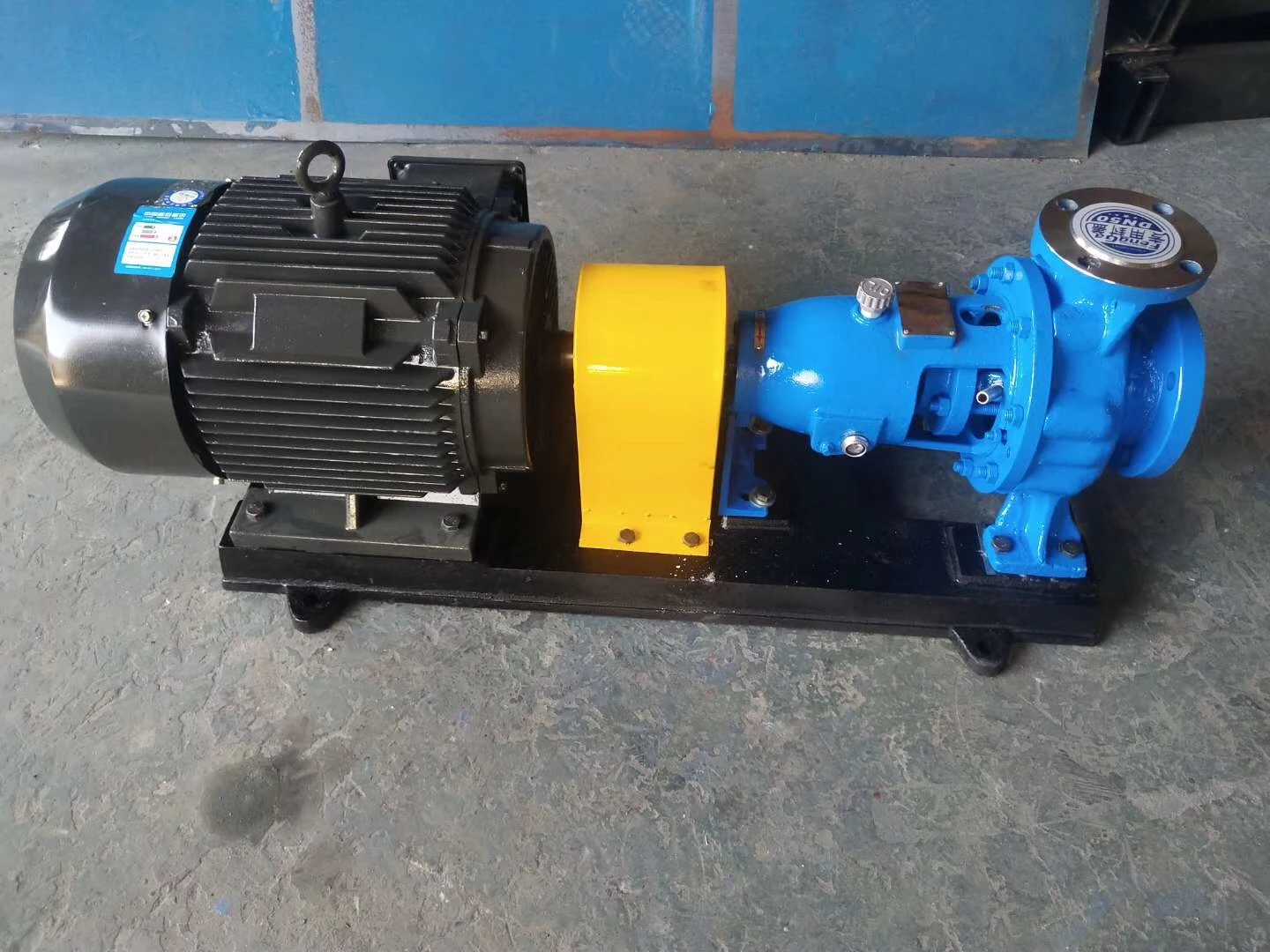TEL:
+86 13120555503
English
- Afrikaans
- Albanian
- Amharic
- Arabic
- Armenian
- Azerbaijani
- Basque
- Belarusian
- Bengali
- Bosnian
- Bulgarian
- Catalan
- Cebuano
- Corsican
- Croatian
- Czech
- Danish
- Dutch
- English
- Esperanto
- Estonian
- Finnish
- French
- Frisian
- Galician
- Georgian
- German
- Greek
- Gujarati
- Haitian Creole
- hausa
- hawaiian
- Hebrew
- Hindi
- Miao
- Hungarian
- Icelandic
- igbo
- Indonesian
- irish
- Italian
- Japanese
- Javanese
- Kannada
- kazakh
- Khmer
- Rwandese
- Korean
- Kurdish
- Kyrgyz
- Lao
- Latin
- Latvian
- Lithuanian
- Luxembourgish
- Macedonian
- Malgashi
- Malay
- Malayalam
- Maltese
- Maori
- Marathi
- Mongolian
- Myanmar
- Nepali
- Norwegian
- Norwegian
- Occitan
- Pashto
- Persian
- Polish
- Portuguese
- Punjabi
- Romanian
- Russian
- Samoan
- Scottish Gaelic
- Serbian
- Sesotho
- Shona
- Sindhi
- Sinhala
- Slovak
- Slovenian
- Somali
- Spanish
- Sundanese
- Swahili
- Swedish
- Tagalog
- Tajik
- Tamil
- Tatar
- Telugu
- Thai
- Turkish
- Turkmen
- Ukrainian
- Urdu
- Uighur
- Uzbek
- Vietnamese
- Welsh
- Bantu
- Yiddish
- Yoruba
- Zulu
Telephone: +86 13120555503
Email: frank@cypump.com
Jan . 17, 2025 05:14 Back to list
Vertical Slurry Pumps
In the challenging world of industrial applications where the transportation of slurry is essential, selecting the right slurry pump can significantly impact operational efficiency, cost-effectiveness, and longevity of equipment. As any industry expert would attest, slurry pumps are integral for managing the movement of thick, abrasive materials, often in highly demanding environments such as mining, wastewater treatment, and dredging. This article dives deep into understanding the factors that dictate a superior slurry pump purchase, ensuring you make a decision backed by expertise, factual evidence, and trustworthiness.
Adopting innovation in pump technology can set your operations apart. For example, some of the latest advancements include smart slurry pumps equipped with sensors and IoT capabilities. These sensors can continuously monitor wear and tear, efficiency rates, and operational anomalies, sending real-time data and allowing for preemptive maintenance measures. Integrating smart technology can drastically reduce unexpected breakdowns and maintenance costs. A deep understanding of regulatory requirements is crucial. Many industries require adherence to specific regulations concerning environmental impacts and safety standards. Ensuring that your slurry pump complies with such guidelines prevents legal complications and contributes to a sustainable operational footprint. Finally, cost considerations should not overshadow the overall value proposition of the pump. A low initial purchase price may seem attractive but can lead to higher operational costs due to frequent repair needs or inadequate performance. A holistic approach that encompasses purchase price, installation costs, energy consumption, maintenance, and lifespan is crucial in evaluating the true cost of owning and operating a slurry pump. To conclude, buying a slurry pump is a strategic decision that requires careful scrutiny of materials, operational efficiency, supplier reliability, technological innovation, and compliance with industry standards. By focusing on these critical aspects, you will leverage expertise and trustworthiness to make a well-informed purchase that aligns with your operational demands and financial considerations.


Adopting innovation in pump technology can set your operations apart. For example, some of the latest advancements include smart slurry pumps equipped with sensors and IoT capabilities. These sensors can continuously monitor wear and tear, efficiency rates, and operational anomalies, sending real-time data and allowing for preemptive maintenance measures. Integrating smart technology can drastically reduce unexpected breakdowns and maintenance costs. A deep understanding of regulatory requirements is crucial. Many industries require adherence to specific regulations concerning environmental impacts and safety standards. Ensuring that your slurry pump complies with such guidelines prevents legal complications and contributes to a sustainable operational footprint. Finally, cost considerations should not overshadow the overall value proposition of the pump. A low initial purchase price may seem attractive but can lead to higher operational costs due to frequent repair needs or inadequate performance. A holistic approach that encompasses purchase price, installation costs, energy consumption, maintenance, and lifespan is crucial in evaluating the true cost of owning and operating a slurry pump. To conclude, buying a slurry pump is a strategic decision that requires careful scrutiny of materials, operational efficiency, supplier reliability, technological innovation, and compliance with industry standards. By focusing on these critical aspects, you will leverage expertise and trustworthiness to make a well-informed purchase that aligns with your operational demands and financial considerations.
Share
Next:
Latest news
-
ISG Series Vertical Pipeline Pump - Chi Yuan Pumps Co., LTD.|High Efficiency, Energy Saving, Low Noise
NewsJul.30,2025
-
ISG Series Vertical Pipeline Pump- Chi Yuan Pumps|High Efficiency&Low Noise
NewsJul.30,2025
-
ISG Series Vertical Pipeline Pump-Chi Yuan Pumps Co., LTD.|High Efficiency&Energy Conservation
NewsJul.30,2025
-
ISG Series Vertical Pipeline Pump - Chi Yuan Pumps Co., LTD.|Advanced Hydraulic Design&Energy-Efficient Solutions
NewsJul.30,2025
-
ISG Series Vertical Pipeline Pump - Chi Yuan Pumps Co., LTD.
NewsJul.30,2025
-
ISG Series Vertical Pipeline Pump - Chi Yuan Pumps Co., LTD.|energy-efficient fluid handling&industrial durability
NewsJul.30,2025










